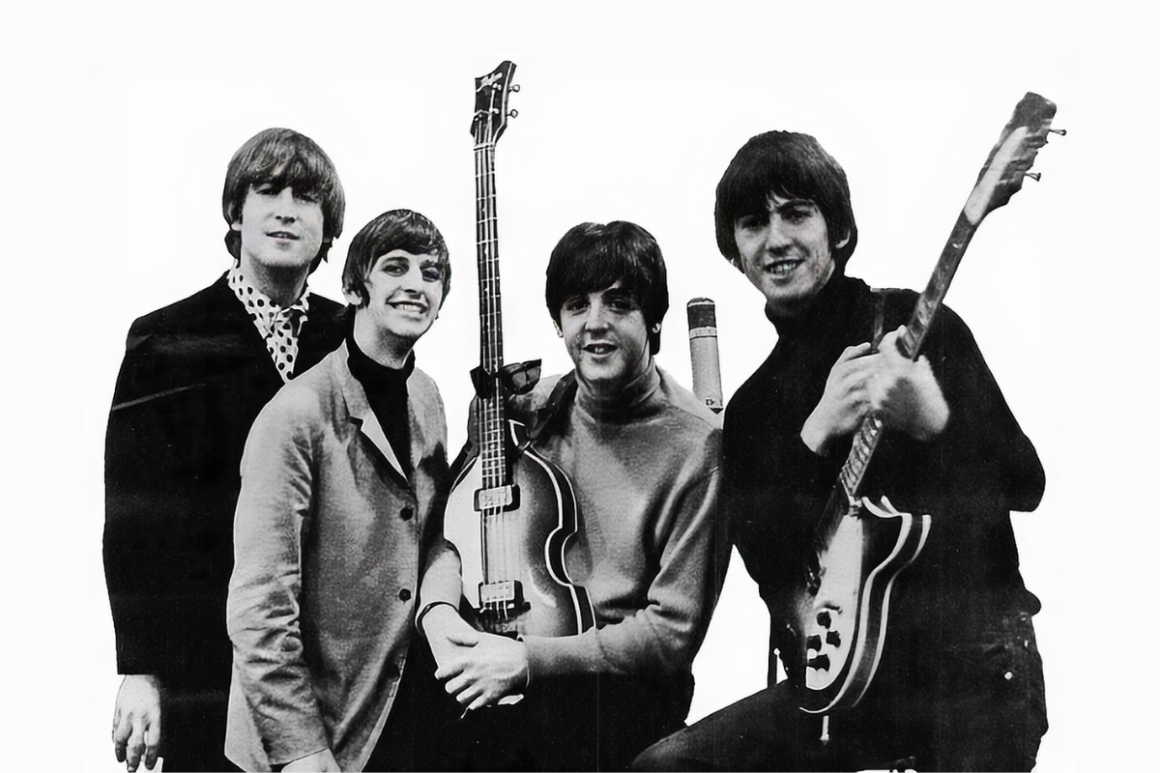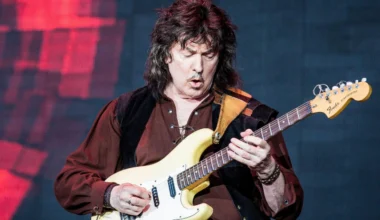As the lead singer of The Animals, Eric Burdon witnessed the vibrant British music scene of the 1960s firsthand. Notably, the group was often introduced as Eric Burdon & The Animals, emphasizing his role as the driving force behind the band.
With a powerful blues-rock voice and a distinct vision, Burdon propelled The Animals to become one of the most versatile groups of the British Invasion, absorbing influences from R&B, rock ‘n’ roll, and psychedelia without hesitation.
Burdon’s more aggressive songs have even been credited with laying the groundwork for punk music. “I’ve always viewed myself as a punk. The Animals could have evolved that way,” he shared with Songfacts. “We had the energy and the anger, but we didn’t stick together.” The Animals’ influence on punk parallels another iconic 1960s band known for their subversive lyrics and bold songwriting, a band Burdon believes surpassed The Beatles and The Rolling Stones.
Often grouped with their British Invasion contemporaries—many of whom drew from American blues—Burdon and The Animals actually drew from a broader spectrum of influences. “I thought that we were darker than any of the other bands initially,” Burdon reflected, and he may have been right.
Their biggest hit, “House of the Rising Sun,” starkly contrasts with the Beatles’ early pop hits, and even The Rolling Stones—the harder edge of British rock at the time—rarely matched the confrontational spirit of “It’s My Life,” where they urged listeners to “Don’t bend, don’t break, baby, don’t back down.”
Burdon was unimpressed by the Stones’ perceived grit or the Beatles’ commercial softness. “I thought The Kinks were fantastic, though,” he remarked. “Their attitude outstripped the Stones and the Beatles.” It’s hard to disagree; The Kinks stand alone in their brilliance. Ray Davies, with his sharp lyrics, painted a picture of a society on the brink of transformation, characterized by youthful rebellion.
Their music, often lively, is steeped in themes of disillusionment, anger, and revolutionary spirit. With tracks like “Come Dancing,” critiquing post-war urban development, and “Dead End Street,” addressing class and inequality, The Kinks capture the tumultuous essence of the late 20th century like few others.







